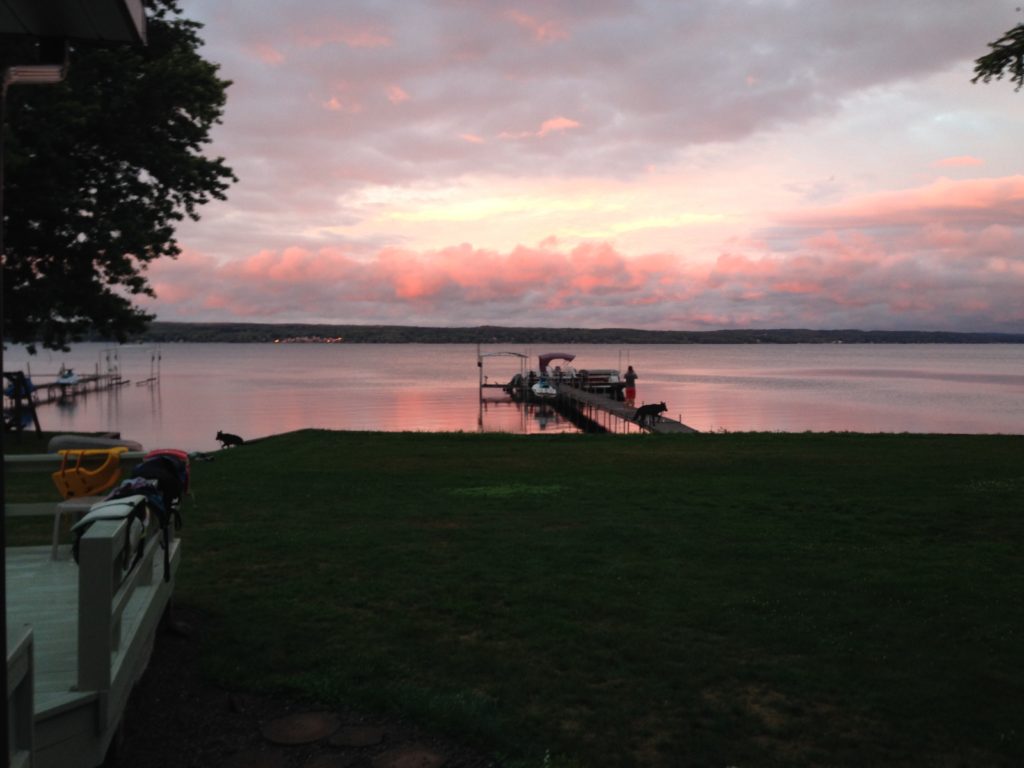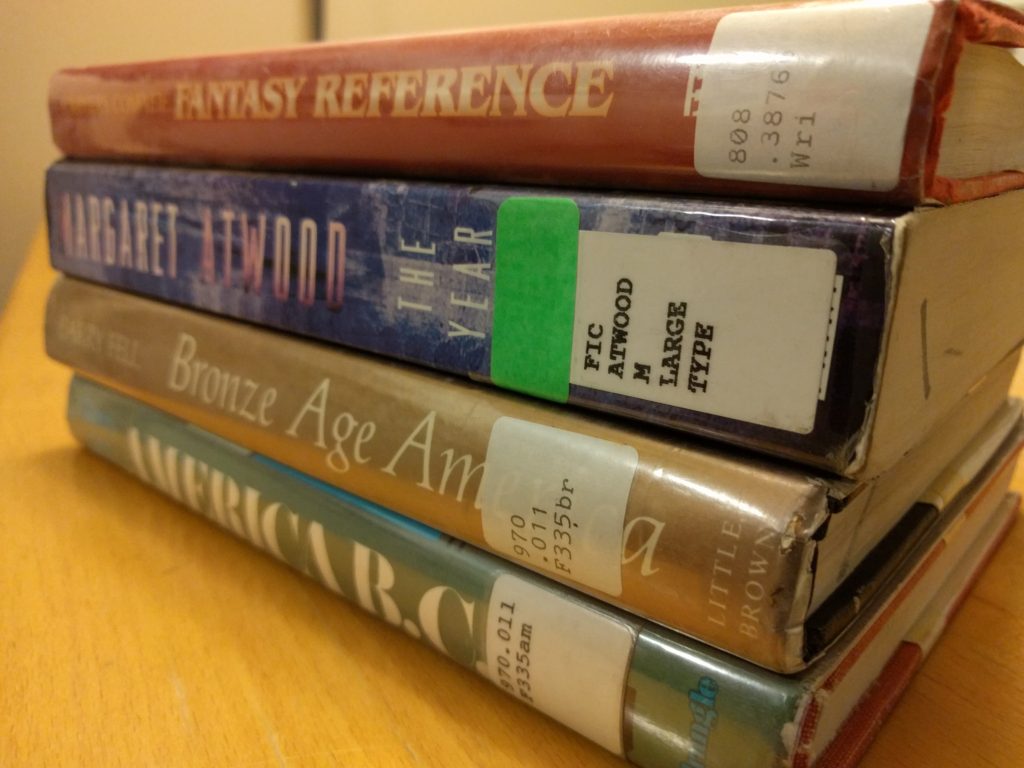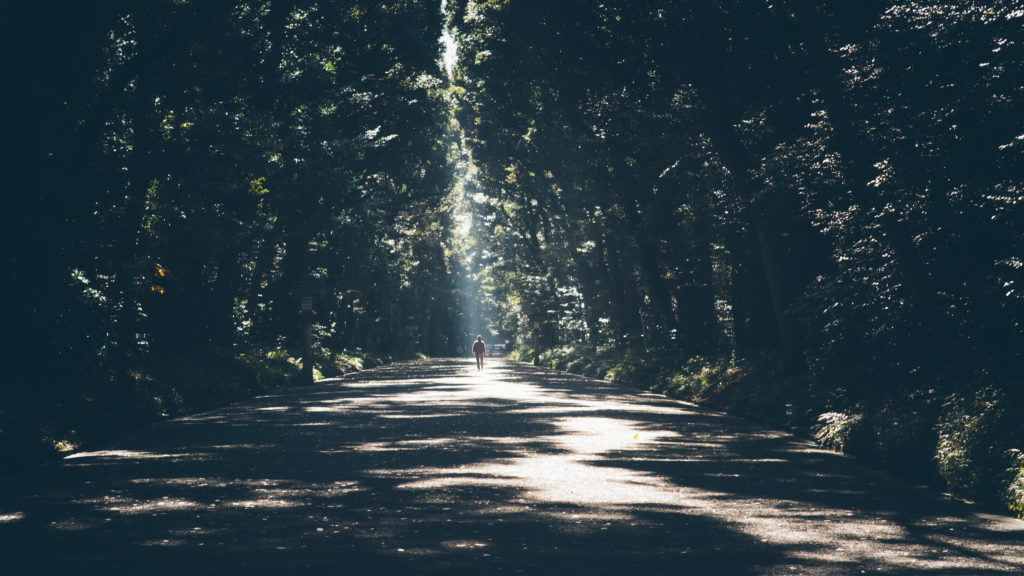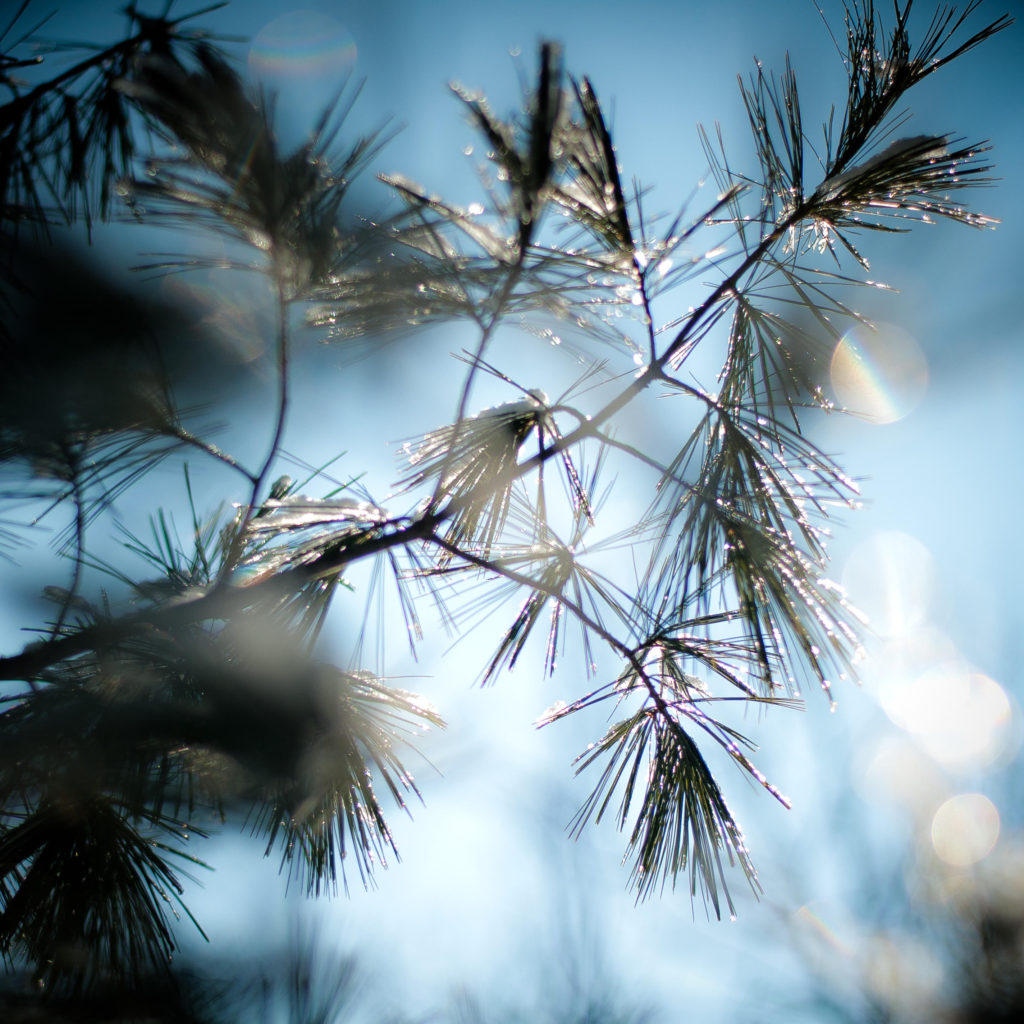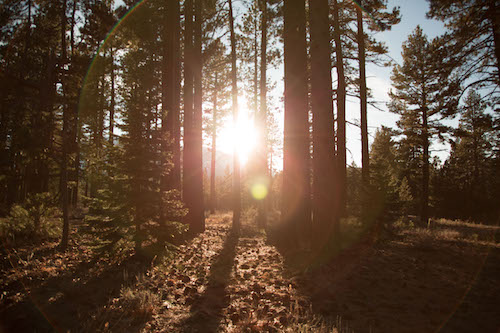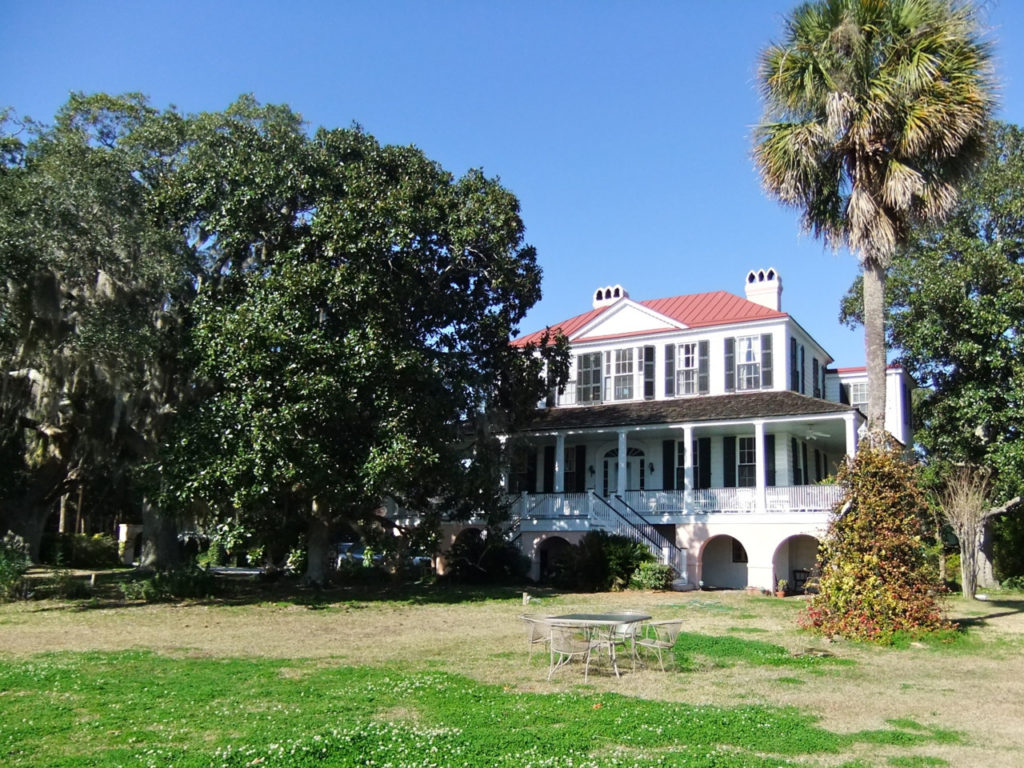…therefore the Lord God sent him out from the garden of Eden, to cultivate the ground from which he was taken.” (Gen 3: 23)
We have been eating zucchini for weeks. It’s that time of year. At first, each squash picked from the garden is cherished and celebrated. Now, we are feeding them to the chickens.
Joy fills my mom’s voice when she speaks of the garden, and when she harvests, she coos all sorts of endearing things. “Well, little one, aren’t you a beauty!?!” and “Oh my goodness! I can’t wait to taste you!”
My dad walks past the green beans, climbing in full splendor up the rack he built just for that purpose. The seeds were a bit old when we planted them weeks ago, and thinking they wouldn’t all make it, we sprinkled them close together. Now in full harvest, the plant has filled in thick and lush, bearing long twisty green beans on both sides of the planter. The soil is moist from the shade and regular waterings.
But then, hidden among the beauty of the plants, Dad hears the telltale rattle of a snake announcing its presence. The presence of danger is unavoidable.
The first order of business is to get the dogs inside. The younger of the two, Annie, hasn’t shown any restraint in recent encounters; she has attacked three javelinas as well as a porcupine. It’s better not to tempt her.
Dad yells at the dogs, using a very loud voice, commanding them to obey. “Annie! Buddy! Now!”
Hearing my dad’s stern voice is my first clue. It is out of character, not the normal end-of-the-day sound.
Soon, my phone rings and it’s Mom, who has now gotten involved.“Where are you? There is a snake in the green beans…”
I am confused and a little sarcastic, “You want me to come look at it?!?!” Snakes are fairly common to our desert property and I am working on something that seems more important.
“We need you. Come now.”
I join the snake hunt, complete with nervous energy and raised voices. The snake is moving around and is hard to keep track of.
“Mary, go get something long…we need to figure out where he is.”
I return a few minutes later with a twenty-foot stretch of plastic pipe, long enough to keep a safe distance while trying to rouse a snake out of hiding. Mom has a hoe. Dad has a gun. We are ready.
At the far side of the planter, I poke the bottom of the plant, trying to push the snake toward my parents. “Please don’t shoot me,“ I yell, only half joking. I am out of their sight, and the wall of green beans will not stop a bullet.
With a half-hearted laugh and a touch of exasperation, Dad snorts. “Got it.”
Suddenly, the snake is on the move, unhappy with being poked and seeking safety. He crawls high into the bush, his movements shifting the leaves.
I use the pipe to lift a branch, and the snake’s crafty eyes and active forked tongue are now in plain view. Two feet off the ground, its body is wrapped around the planting rack.
Dad takes the shot, and 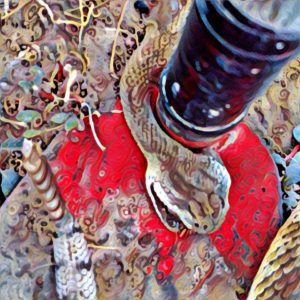 the snake falls to the ground and continues to slither away.
the snake falls to the ground and continues to slither away.
Somehow, Dad now has the pipe and I have the hoe. Instinctively, I move in for the final blow, separating the snake’s head from the long body now wide open in the dirt. It takes a few whacks to ensure the job is done.
This is the first snake that I have personally killed. For most of my life, I watched this kind of activity from a distance, fearfully.
The body continues to writhe and slither, the mouth bites the air, still on the attack. It is terrible to watch, this snake, seemingly alive but not. I feel the crashing sensation of adrenaline and the clammy feeling of sweat, but mostly relief that it is over.
We stand together, reliving the experience and dreading being the next one to have to pick green beans. I text my boyfriend to share the experience, and true to his roots, he texts back: “I can get $10 for the rattle. $45 if you skin the snake.”
We laugh and, with another whack of the hoe, the rattle is separated. We briefly discuss the possibility of skinning it. It is a big, worthy skin. But none of us is interested in getting that involved.
The mood begins to lift and normalcy settles back in. My dad, anticipating the release of the adventure-seeking young dog, gathers up the snake carcass to bury where it won’t be discovered.
I pick up the rattle, the silvery scales electrifying my fingertips, and head toward the house. As he drives by on the golf cart, my dad jokes, “Wait, how much for the skin?!?” He is always interested in a deal.
I shake my head. “No thanks, Dad. I’m going inside.”
* * * * *




